Global Automotive Industry at the Crossroads: The Carbon Neutrality Mandate and Strategic Pathways to Net-Zero by 2030
Frost & Sullivan Manufacturing
APRIL 22, 2025
Automotive OEMs that successfully integrate carbon net-zero strategies across their value chains will not only achieve regulatory compliance but also secure strategic leadership in a decarbonized global economy. A major challenge in the automotive industrys march to decarbonization is the lack of regulatory standardization.







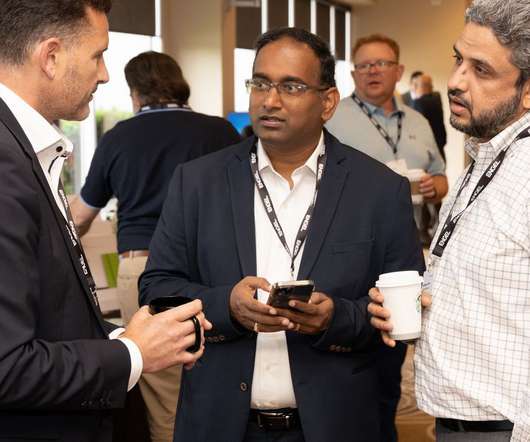
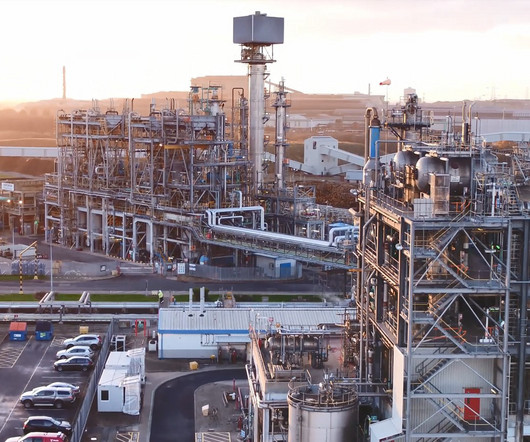
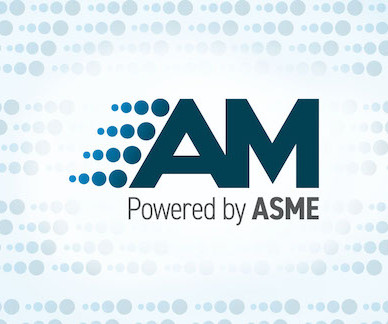
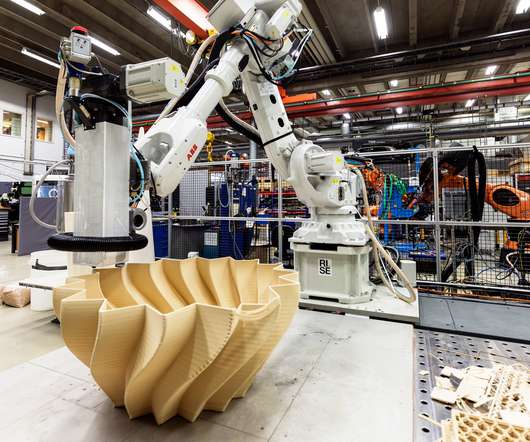
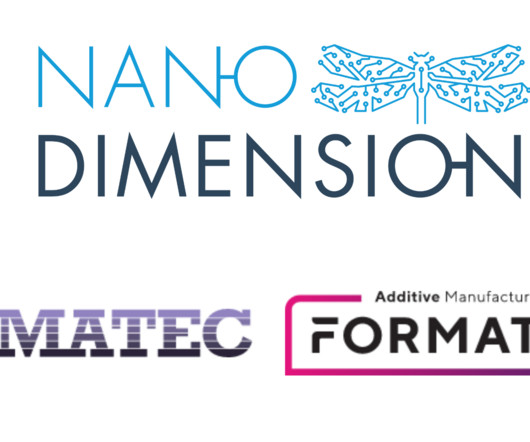
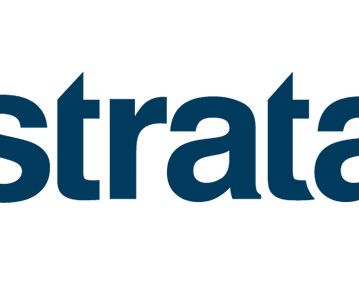
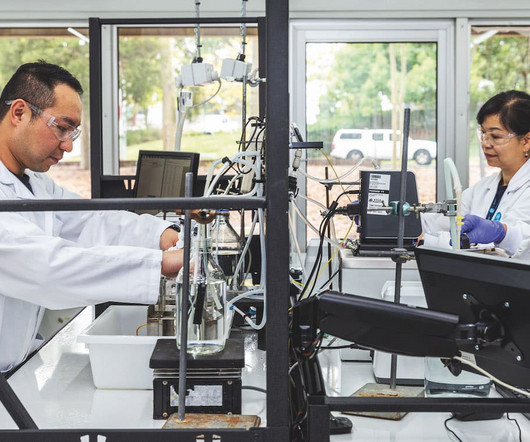
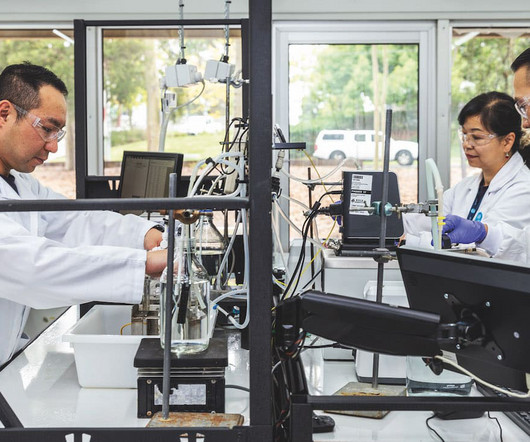







Let's personalize your content